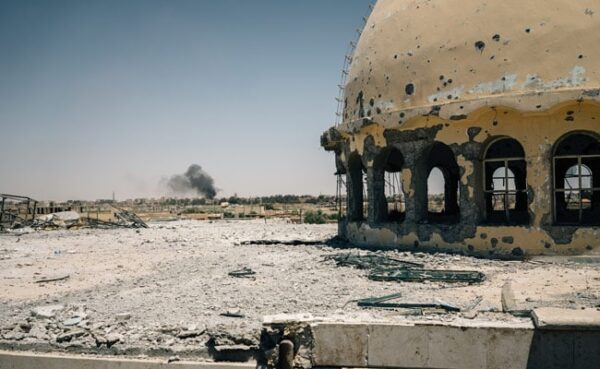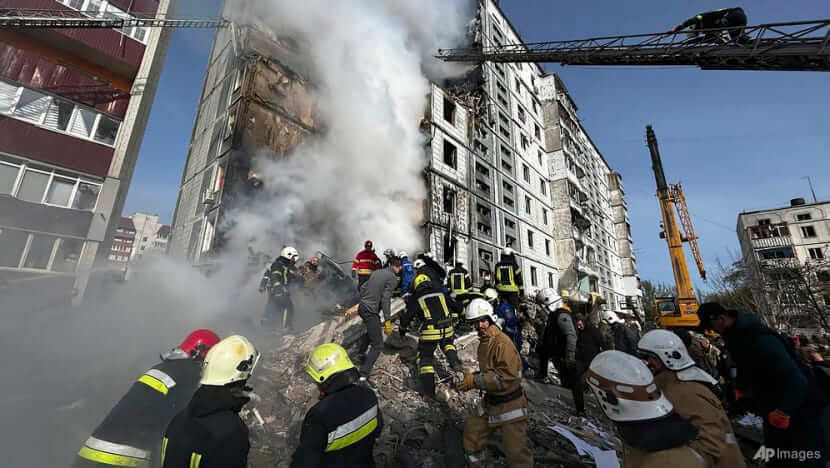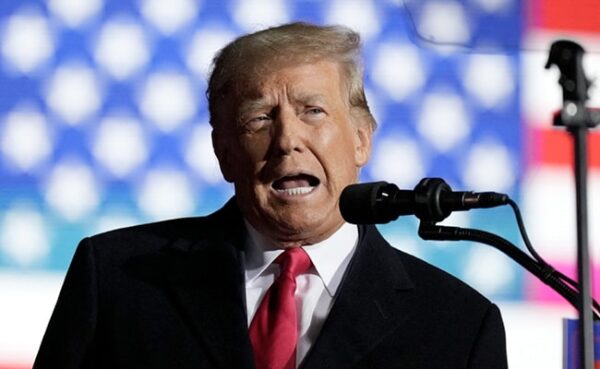Pakistan’s foreign minister’s visit was largely due to the fact that Pakistan wanted to play his role in forming a new government in Afghanistan, according to a political analyst quoted by Tolo News.
Pakistani Foreign Minister Shah Mehmood Qureshi is expected to arrive in Kabul on Sunday to meet with Taliban leaders, days after the Haqqani network took over the security of the Afghan capital. According to the Tolo news agency, Qureshi is scheduled to be in Kabul on August 22, Sunday. This will be the first visit by a foreign leader for rebels in a war-hit by a war after a quick attack of lightning this month won them to control the state apparatus. In accordance with the political analyst quoted by the agency, QureShi’s visit was largely due to the fact that Pakistan wanted to play his role in forming a new government in Afghanistan.
Taliban tried to spur a new government in Afghanistan after his troops were swept away throughout the country when US-led troops came out after two decades, with the government and the military supported by the West. The Reuters news agency reported on Saturday that the Co-Founder Group, Mullah Abdul Ghani Baradar, arrived at the Capital of Kabul Afghanistan on that day for talks with other leaders in forming a government.
QureShi, Pakistani Foreign Minister, on Saturday held a telephone conversation with his colleagues in Russia, Germany, Turkey, the Netherlands and Belgium. In a conversation with Russian Foreign Minister Sergei Lavrov, Qureshi emphasized that Afghanistan who was peaceful and stable was very important for Pakistan and the region.
“Pakistan consistently supports the Afghan peace process,” he said, according to the Pakistani Foreign Office, adding that “inclusive political settlement” is the best way for peace and stability in Afghanistan.
A Taliban official, talked about anonymous conditions, told Reuters earlier this week that the structure of the new government in Afghanistan would not be a democracy by Western definition, but “will protect everyone’s rights.”
Taliban, who followed the Ultra-hardline version of Sunni Islam, has tried to face a more moderate face since returning to power in Afghanistan, said they want peace and will respect women’s rights in the framework of Islamic law. However, the Afghan refugees insisted that the “moderate” face of the Taliban was only a temporary performances.
When in power from 1996-2001, it was also guided by Islamic law, the Taliban stopped the woman from work or went without wearing a thorough burqa or relatives of men and did not let the girls go to school.



